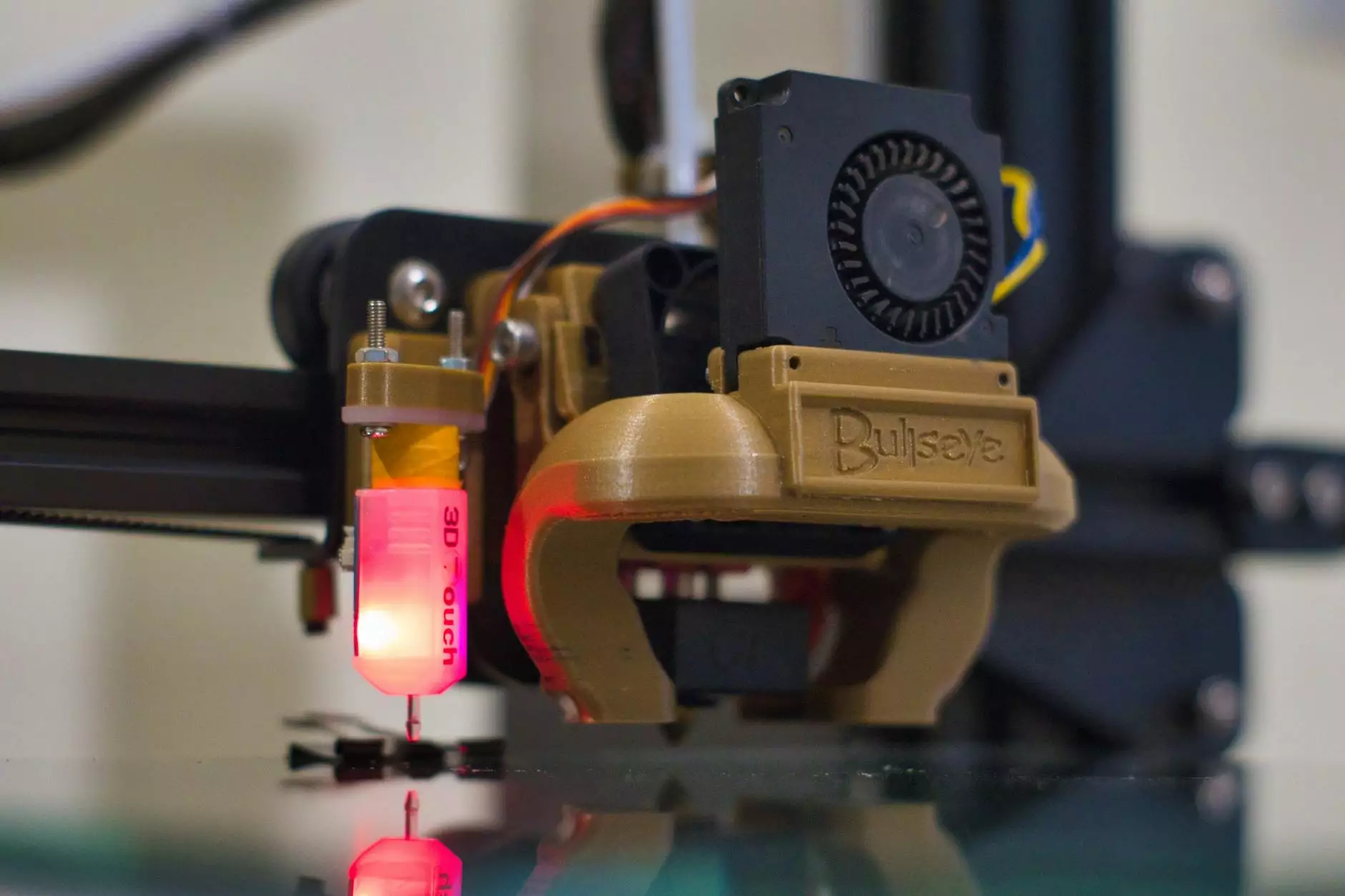The Role of a Prototype Modeler in Architectural Projects

When it comes to architectural design, precision and accuracy are crucial elements that can make or break a project. This is where the expertise of a prototype modeler comes into play. In the realm of architecture, a prototype modeler serves as a vital team member who specializes in creating comprehensive and detailed models that bring architectural visions to life.
Importance of Prototype Modeling for Architects
Architects often rely on prototype modelers to translate their design concepts into physical representations that provide a tangible and visual understanding of the project. Through meticulous attention to detail and technical proficiency, prototype modelers play a pivotal role in the architectural process, facilitating communication, collaboration, and decision-making among all stakeholders involved.
Advantages of Collaborating with a Skilled Prototype Modeler
Working with a skilled prototype modeler offers a myriad of benefits for architects seeking to enhance the quality and precision of their projects. Here are some key advantages:
- Enhanced Visualization: Prototype models enable architects to visualize their concepts in three dimensions, allowing for a better grasp of spatial relationships and design elements.
- Improved Communication: Detailed models serve as effective communication tools, aiding in conveying complex ideas to clients, contractors, and other project stakeholders.
- Iterative Design Process: Prototype modeling allows for iterative design changes and revisions, facilitating the exploration of different options before finalizing the architectural plan.
- Quality Assurance: By creating accurate and detailed models, prototype modelers help architects identify potential issues and make necessary adjustments to ensure the project's success.
- Time and Cost Efficiency: Investing in prototype modeling early in the design phase can ultimately save time and reduce costs by identifying and resolving issues before construction begins.
Expertise and Skills of a Prototype Modeler
A skilled prototype modeler possesses a unique set of qualities and technical skills that are essential for creating high-quality architectural models. Some of the key competencies of a proficient prototype modeler include:
- Technical Proficiency: Proficient in utilizing various modeling tools and software to create accurate and detailed architectural models.
- Attention to Detail: Meticulous in capturing fine details and intricacies of architectural designs to ensure precision and realism.
- Creativity: Ability to think creatively and problem-solve to overcome design challenges and bring innovative ideas to life.
- Collaboration: Works effectively in a team environment, collaborating with architects, designers, and other professionals to achieve project goals.
- Adaptability: Adapts to changing project requirements and timelines, demonstrating flexibility and agility in meeting project demands.
Choosing the Right Prototype Modeler for Your Architectural Projects
When selecting a prototype modeler for your architectural projects, it is essential to consider their experience, portfolio, and expertise in working with architectural designs. Look for professionals who demonstrate a thorough understanding of architectural principles, a keen eye for detail, and a passion for transforming concepts into reality.
By partnering with a skilled prototype modeler, architects can elevate the quality and success of their projects, improving communication, fostering creativity, and ensuring precision in every detail. Investing in prototype modeling is not just a wise decision—it is a strategic move that can set your architectural projects apart and leave a lasting impression on clients and stakeholders.



